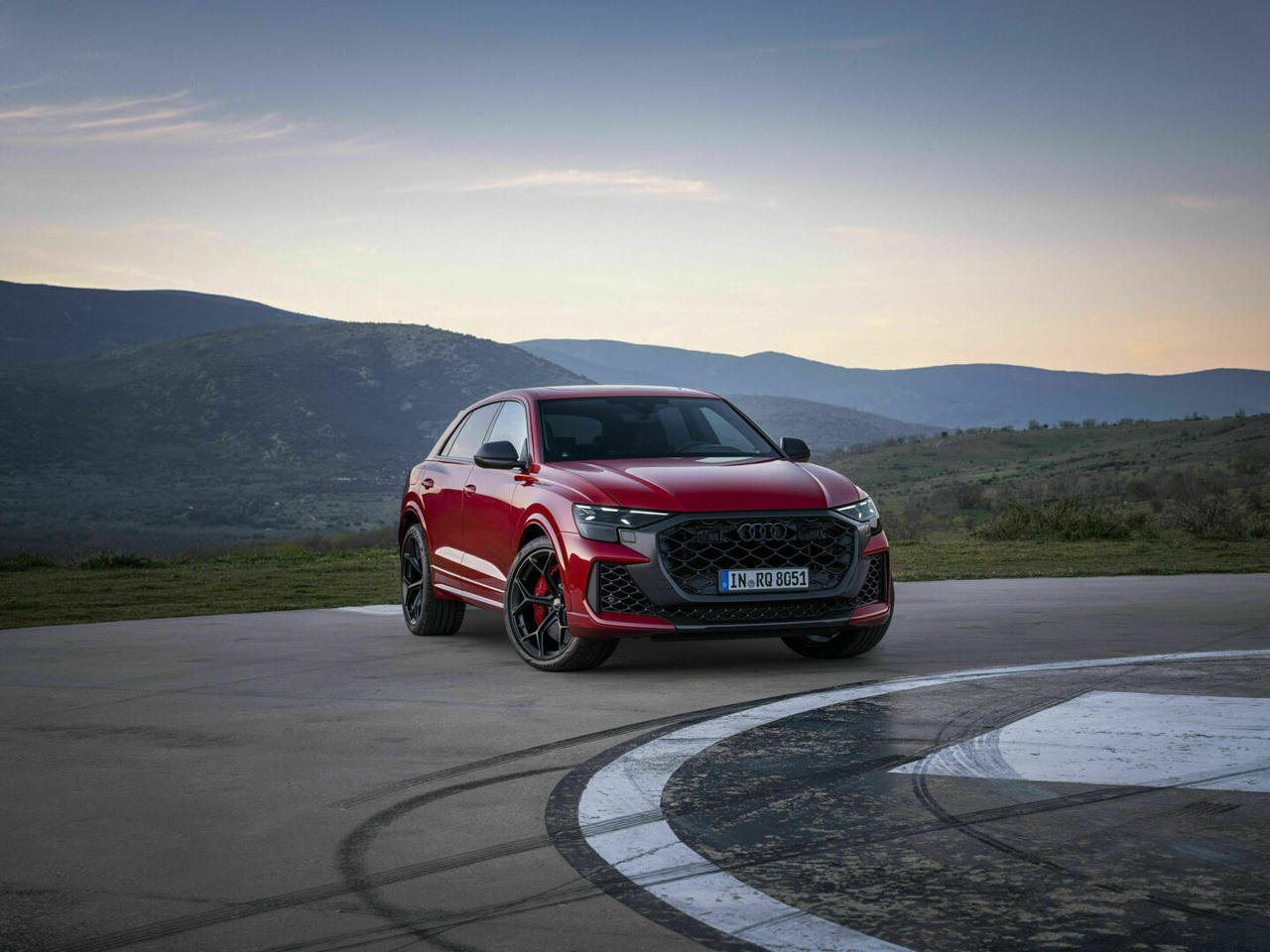Audi’s PlasticLoop project is delivering results with components made using recycled automotive plastics now being employed in new vehicles.
13 December, 2022
In terms of recycling, taking old or damaged automotive plastics and returning them to raw materials is particularly difficult. But using a cutting-edge technique that uses a chemical process, Audi is taking plastic waste and turning it into brand-new products that meet the brand’s exacting standards for a new life in a new vehicle.
A perfect example are the seatbelt covers featured in the new Q8 e-tron models which use casings that are partially manufactured from mixed automobile plastic waste using this advanced chemical recycling process. It is the first time the company has integrated safety components made in this way and in conjunction with the PlasticLoop project.
The process sees plastic components that are beyond repair stripped from vehicles before having all metal clips and badges removed. They’re then broken down into smaller pieces and processed into pyrolysis oil using an advanced chemical process. This oil is then used as a raw material for the manufacture of new plastics that can be used in any number of future configurations – in the case of the Q8 e-tron, that form is as seatbelt buckle covers.
The obvious beauty of the project is that Audi and its partners in the project are able to take materials that would otherwise be discarded to become landfill and give them a new life.
The process is called ‘post-consumer recycling’ given that the ‘raw materials’ in this case, the automotive plastics, effectively come from customers and are kept within the loop. The materials produced from the pyrolysis oil are of the same high standard as newly manufactured goods and offer identical technical characteristics which is of course essential at Audi.
In the case of the Q8 e-tron seatbelts, at least 70 percent of the plastic granulate for the seatbelt buckle covers (including fillers and additives) are made up of the pyrolysis oil produced through the project.
It is just another of the brand’s initiatives to conserve resources and wherever possible to reuse materials that can cost-effectively be recycled to an acceptably high standard. The brand is also looking at a similar pilot to recycle damaged windscreen glass, while the use of recycled PET bottles and even fishing nets are becoming increasingly common as a high-quality alternative for upholstery in Audi models including the flagship electric e-tron GT.
Subscribe
Want to ensure you always receive the latest news and features from Audi? Subscribe now to the Audi Magazine newsletter.
Audi Australia will collect, record and use your personal information for the purpose(s) of sending you the requested newsletter. You are not required to provide your personal information, however, if you choose not to provide us with your personal information, we may not be able to fulfil the purpose(s) described above. We will keep your personal information for only as long as is necessary to carry out the purpose(s) described above (unless we are required or permitted by law to hold the information for a longer period). We may disclose your personal information to our service providers and to our dealership network in Australia. We may also disclose your personal information to our related parties based in Australia and to our overseas service providers. We may, unless you have opted out, use your personal information to market our products and services to you, to improve our products and services and to invite you to events. We will act in accordance with our privacy policy which is available at http://www.audi.com.au/privacypolicy. If you would like to know more about our privacy policy and procedures and the management of your personal information, or if you would like to access or update your personal information, please contact our customer assistance team, T +1800 50 AUDI (2834), E customerassistance@audi-info.com.au
